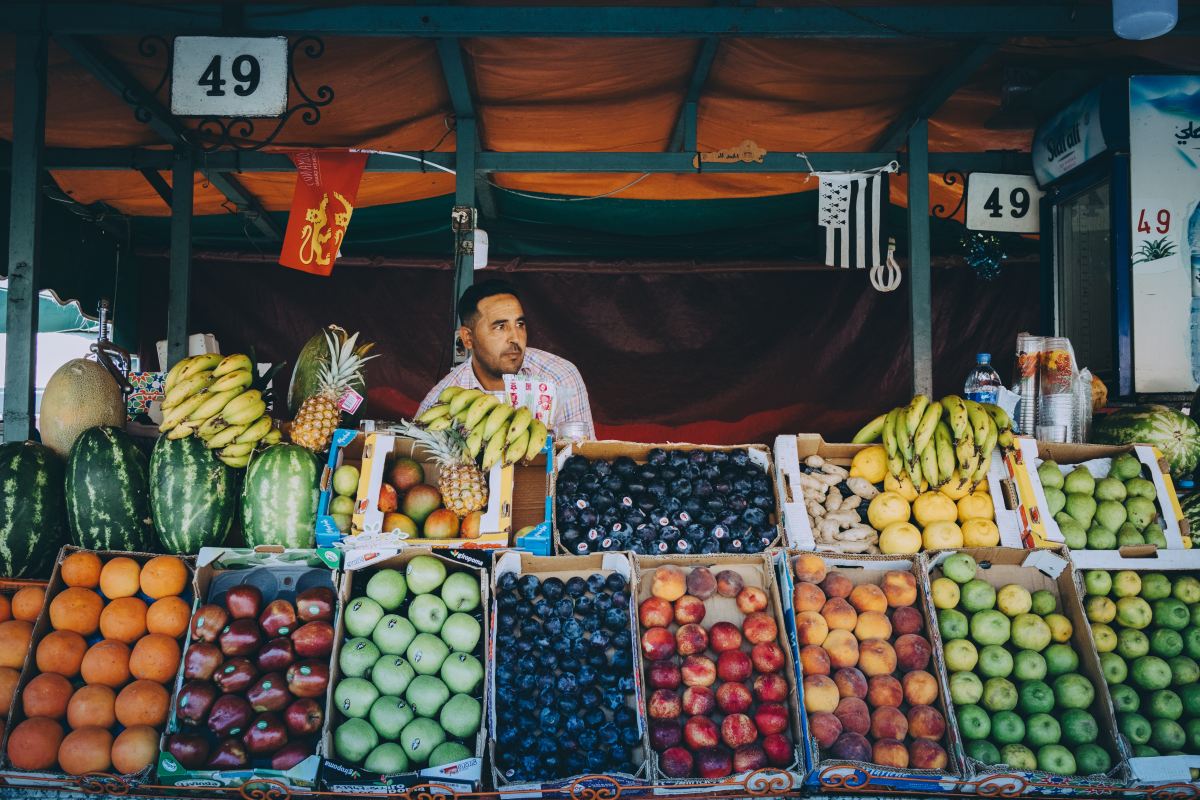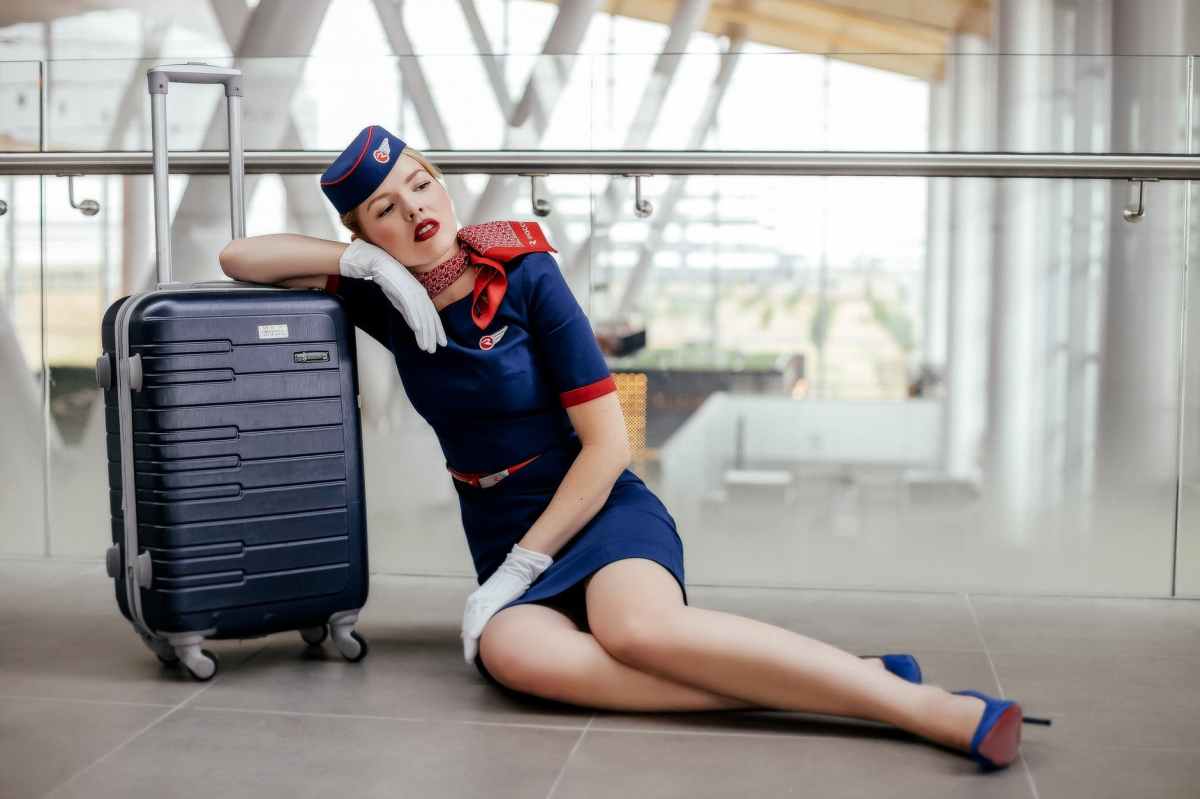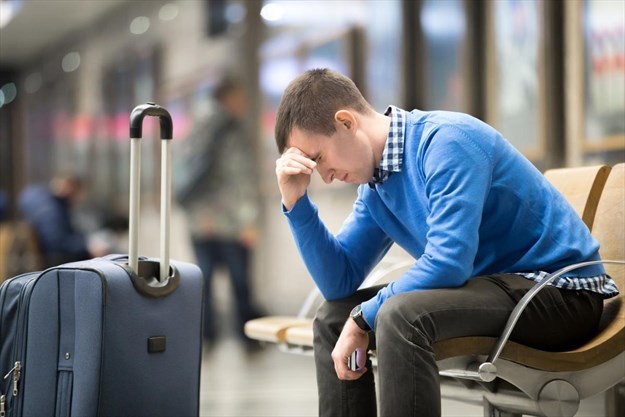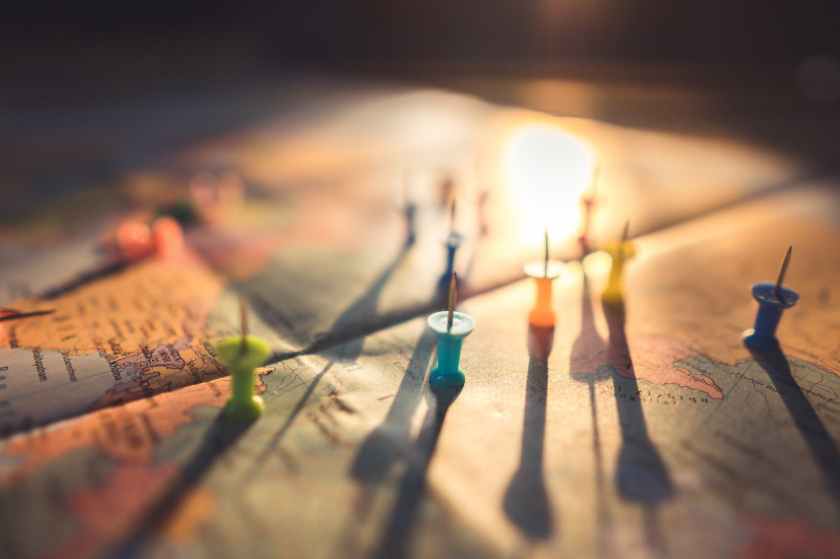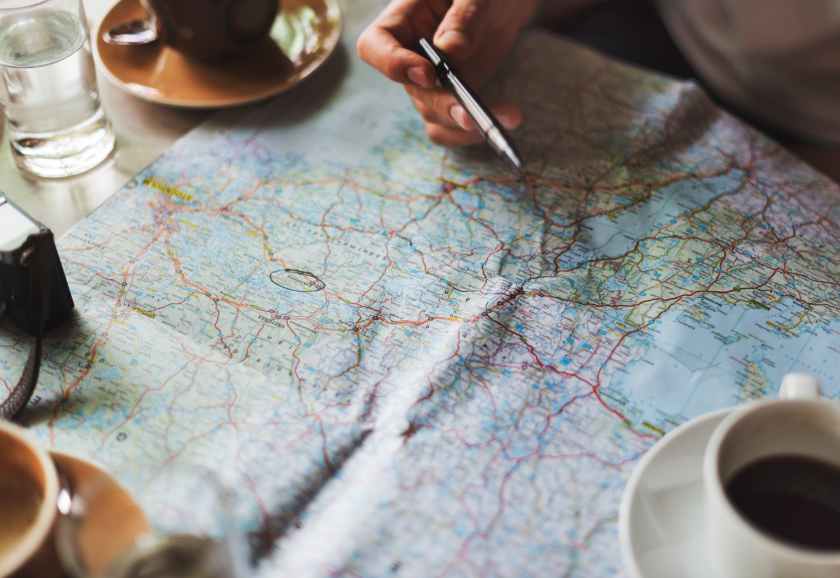The best thing about travel, besides the trip itself, is being able to experience it all without breaking the bank. While sometimes we just have to go all out and treat ourselves to elite hospitality, other times it is not only necessary to keep a budget, but doing so can also make a trip more interesting. It’s undoubtedly true that most people enjoy a challenge from time to time, and never will travel fail to provide the opportunity to be given a multitude of challenges. Think about it, when visiting a new city, in a short period of time you’re trying to master navigation of that city, learn the subways or bus system, find the good-off the mainline-restaurants, figure out the currency, memorize a few words and phrases for getting around, and so on. And this can be just over a three-day weekend. Oh, and that doesn’t include the safety aspect of traveling; that alone is a task of its own. We probably underestimate just how great of multi-taskers we actually become when travelling.
“When returning home from a trip, a person should feel rejuvenated and motivated to go again, not feeling like they have to postpone the next one because they just can’t afford it.”
As we all know, traveling can become expensive quick. However, if you’re conscientious about spending and how or where or what money goes to, you’ll also see that you may surprisingly come in under budget by the end of the trip. And while you may have a few ways of your own to save those pennies, here are a couple of options we’ve given you to consider:
- Food trucks and fruit carts
Think about it, a trip may be a good time to trim down the caloric intake and eat healthy for a change. While there are plenty of possibilities to overdo it on eating, many tourist dense cities will offer plenty of fruit cart options. If you are the kind of person who keeps a bag on you while walking around, its too easy to have a few apples, bananas, or otherwise close to you, so that when you do feel the need to snack, you can do so with a healthy and very inexpensive piece of fruit. And not only are fruit carts handy, but food trucks are also a great way to experience local cuisine (especially if you plan to visit Thailand); they are far less expensive then a restaurant dining, saving you the cost of service and plated food.
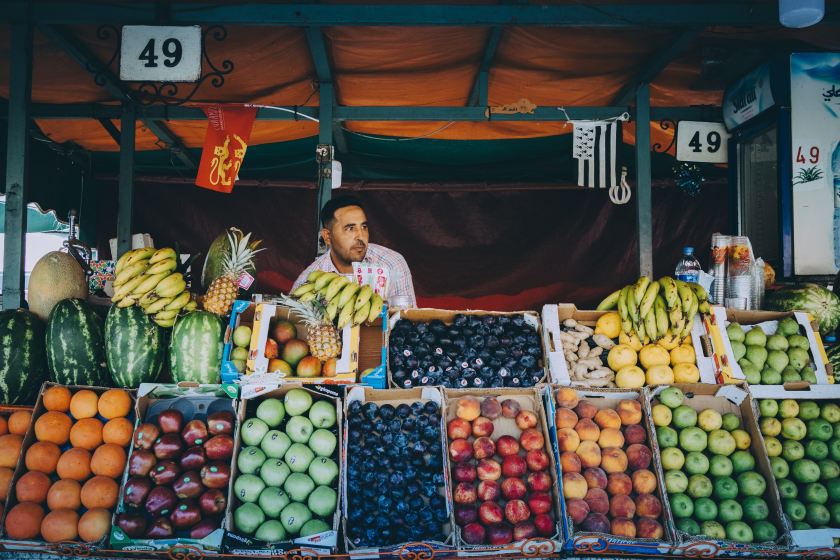
Photo by Héctor Martínez on Unsplash
- Public transportation
How great is it to be able to move around a large city for the cost of pennies on the dollar? Even in a large city like Manhattan, a person can literally traverse the city for less than $10, which a strong contrast to what they may pay in taxi or Uber fees. And if for some reason they decide to use their own vehicle, the cost of parking, gas, and time costs far outnumber the public transportation ones. And speaking of time costs, how great is it to be delivered close to the location you are planning to visit, and NOT have to worry about finding a parking space or feed a meter? Nope, instead you can step off the station and just head straight in.
- Minimize amenity needs
Sites like Airbnb and VRBO have really made the travel experience a much more personal and affordable one for many. It used to be either overpriced and under-quality rooms at a hotel, or cheap and even further under-quality rooms at a different hotel. Or, there was always the option for luxurious, but that’s no money saver. Though today we have the choice to experience a new place from the perspective of a local; at least to some degree. Renting a flat from a local is a great way to weed out those unsavory locations, save money, and even better, have the opportunity to cook your own meals. Sure you won’t have the room service or ice machine down the hall, but you WILL have a unique setup of your own, and for a better price. And if that option is still too expensive, there are always the hostels.
Just remember at the end of the day, there are options for saving money and minimizing costs; you just have to look around. Travel does not have to leave a person feeling broke or anxious about having spent too much on unnecessary things. When returning home from a trip, a person should feel rejuvenated and motivated to go again, not feeling like they have to postpone the next one because they just can’t afford it. Take some time before your next trip and research your options, bring a comfortable bag, research the public transportation day rates, and prepare to experience some amazing food options. And that’s all we have to say about that!
For simple travel planning and building a master itinerary, check out: https://www.planiversity.com


